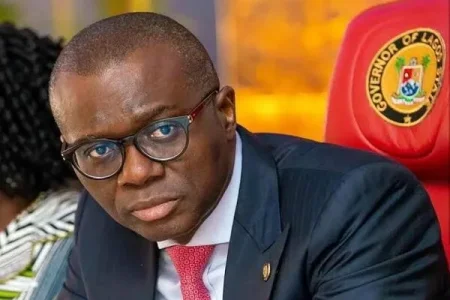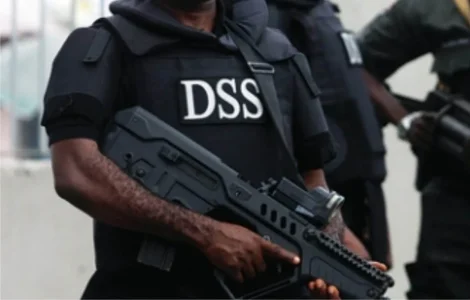
Lagos State will implement an hourly parking fee for cars on designated streets, starting in October. The Lagos State Parking Authority (LASPA) has notified churches of the new policy, which will also target indiscriminately parked vehicles. Public reactions are mixed, with concerns about fairness and traffic impact.
The Lagos State government has announced plans to implement an on-street parking scheme that will charge cars parked on designated streets hourly, beginning in October. The Lagos State Parking Authority (LASPA) issued a notice on July 19, signed by its head of operations, Ayokunle Akinrimisi. This directive was specifically addressed to the branch chairman of the Pentecostal Fellowship of Nigeria (PFN).
The notice explained that vehicles parked by churches and their members on designated streets would be charged hourly, and any cars parked indiscriminately would face enforcement actions. LASPA urged the churches to adhere to the new regulations as law-abiding organizations. However, the notice did not specify the fees that would be charged.
The announcement has generated mixed reactions on social media. Some users expressed frustration and skepticism about the implementation, questioning why the directive seemed to target churches while not mentioning mosques. One user commented, "Why always churches though? Mosque nko?" highlighting a perceived bias in the policy.
Others supported the move, believing it could help reduce traffic congestion in Lagos. One commenter said, "Nice move. This will help us reduce unnecessary traffic." Another added, "Anything that has to do with taxing of churches I support with my full chest."
However, there were also humorous and cynical responses, with some people joking about the government's need for revenue. One user quipped, "Oshey them don need money," while another joked, "Thank God Say I No Get Car."
The reactions underscore the diverse opinions and concerns of Lagos residents regarding the new parking scheme. As the implementation date approaches, it remains to be seen how the policy will impact churchgoers and the broader community.




